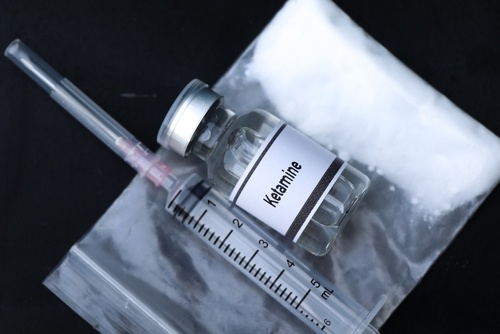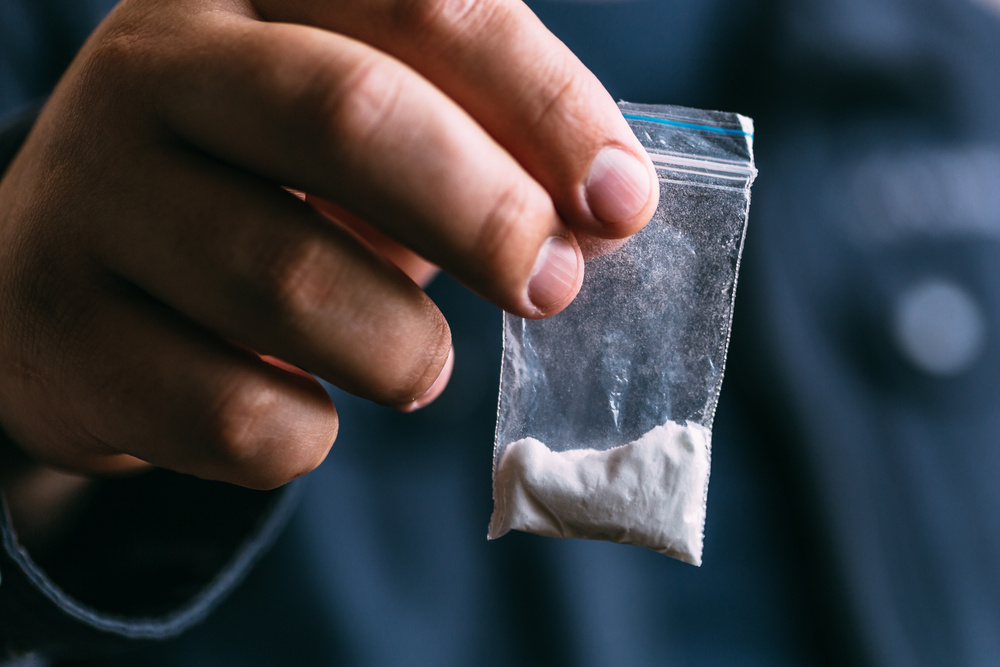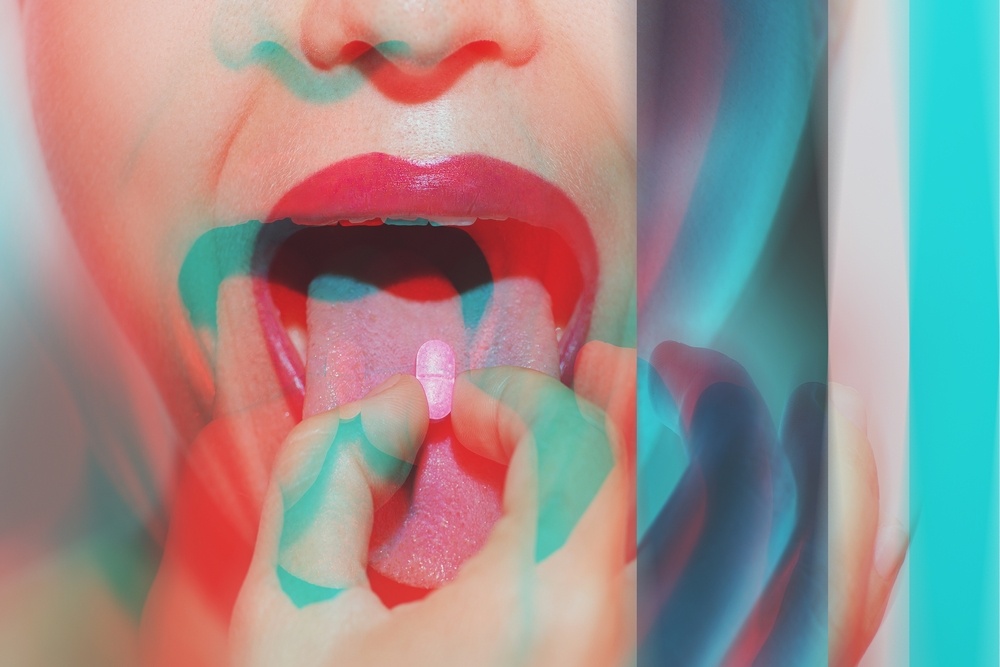Ketamine was first synthesized in 1962 by the American scientist Calvin Stevens at Parke-Davis Laboratories. Despite legitimate medical uses, the use of ketamine as a recreational drug began to spread throughout the late 1970s and 1980s.
In the early 1990s, authorities began to take notice of its increasing recreational use and severe effects, and hence they moved to classify it as a Schedule III Controlled Substance in 1999. That classification makes it illegal to possess or distribute ketamine without a prescription from a doctor. So, is Ketamine legal for mental health use?
Legal Status of Ketamine
Is ketamine legal? The simple answer is yes, but only under certain contexts. Ketamine was approved by the U.S. Food and Drug Administration (FDA) in 1970 for use as an anesthetic. Since that time, it has been widely used in surgeries, most often for children and in war zones.
However, its dissociative effects later popularized ketamine as a recreational drug, and it has thus been classified as a Schedule III controlled substance. Most recently, Ketamine has shown a lot of potential as an effective therapy for drug-resistant depression. The use of ketamine for major depressive disorders is legal only upon a doctor's prescription.
Emergence of Ketamine Therapy for Depression
Is ketamine legal for treating depression? Yes, but under tight regulations. Though ketamine itself is often judged by its reputation for abuse, ketamine therapy is growing in interest as a therapeutic course of treatment for depression, anxiety, and PTSD.
In 2019, the FDA approved esketamine—a derivative of ketamine—for the treatment of treatment-resistant depression. Also, the Ketamine-based nasal spray, Spravato, has been touted as a game-changer in the mental health world.
One 2017 study showed that PTSD symptoms were reduced in veterans after ketamine infusions. Dr. John Krystal, a psychiatrist from Yale, has been one of the leading figures in this area. According to John, Ketamine represents probably the biggest breakthrough in the treatment of depression in decades.
Is Ketamine Legal Online? How is Ketamine Regulated?
It's illegal to get Ketamine without a doctor's prescription online or offline. The legality of substances, such as ketamine, is decided based on strict conventions that the FDA and other agencies, including the Drug Enforcement Administration, consider. Legality depends on factors related to a drug's actual medical value, potential for abuse, and safety profile
Ketamine was approved as an anesthetic by the FDA because of its effectiveness in pain management and a relatively low risk for serious side effects if administered in a controlled environment. However, the DEA realized that there was a potential site for abuse, especially in the nightclub scene, and moved to label it as a Schedule III Controlled Substance.
The Life-Changing Potential of Ketamine Therapy for Drug-Resistant Depression
For most people, depression is a silent struggle; it is even more disheartening for those who have been living with treatment-resistant depression. For Rachel Morgan, a patient featured at Stanford Neuroscience, the struggle consumed her. After years of severe depression, Rachel found herself in a dark place—both mentally and physically.
She stopped taking care of herself, and her home was filled with trash and dirty dishes. Rachel had tried over a dozen medications, but none worked. It wasn't until her psychiatrist proposed ketamine that her life started to change. By the second treatment alone, Rachel felt something she hadn't in years: the joy of life and a will to live.
So, is Ketamine legal for treating mental health? The answer is yes. Here is what happens after Ketamine is used for the treatment of depressive conditions.
1. Symptoms improve with rest
Unlike other antidepressants, which take several, if not months, to become effective, ketamine is so powerful that it reduces symptoms of depression within just hours or days. To suicidal patients or those feeling extreme despair, this quick turnaround can be lifesaving.
2. Helps when other treatments have failed
Poor treatment outcomes are prevalent in drug-resistant depression. The patient feels hopeless. Ketamine treatment opens possibilities for patients who have tried antidepressants unsuccessfully. Recent studies showed that ketamine acts on the neurotransmitter glutamate, which controls mood modulation and therefore may explain why it is effective for treating hard-to-treat depression.
3. Improved mental performance and interactions in social environments
Another associated benefit of ketamine therapy is the improvement in cognitive function and social engagement. Depression always tends to make people isolate themselves from their loved ones, including friends and family. However, after the ketamine treatments, most patients, like Rachel, sought to re-engage in life again. They now talk more, express themselves better, and participate in activities they generally avoid.
Research and Controversies
Dr. Thomas Insel, former director at NIMH, has most prominently advocated Ketamine’s approval and the expansion of ketamine therapy to more patients. He says that withholding the therapy from some, especially critical cases of mental disorders, denies them life-saving treatment.
However, critics caution about the dangers of widespread use. Experts like Dr Alan Schatzberg of Stanford University caution that with long-term use, the drug could become addictive. "It is important, says Alan, "that patients must recognize that ketamine therapy is still being studied." There is no clear guideline on how best to use the drug, particularly on frequency and treatment duration.
FAQs About the Legality of Ketamine
1. Is Ketamine Legal in the United States?
Yes, ketamine is legal in the US, but only for medical purposes under the guidance of a licensed practitioner. It's classified as a Schedule III controlled substance, indicating it has the potential for abuse but is approved for medical use, including anesthesia and treatment-resistant depression.
2. Is Ketamine Therapy Legal?
Yes, it is, provided a qualified medical professional is the one providing it in a well-controlled environment. Ketamine therapy is starting to show promising effects for depression and PTSD, but all the same, it has to be through licensed clinics. A patient cannot self-medicate with ketamine since it is an over-the-counter drug.
3. Is it possible to get ketamine over the counter?
You cannot get ketamine over the counter. Being a Schedule III controlled substance, the fact is ketamine is federally legal only for medical use but strictly regulated. Access to the therapy requires a prescription; it can only be administered by certified professionals in medical settings mainly in licensed ketamine clinics.
So, is Ketamine legal?
Yes, but under very specific conditions. The promising results of ketamine therapy in depression are shadowed by an apparent dark side due to the illegal trade and misuse of the medication. Hopefully, in the coming years, ketamine will become better controlled to prevent abuse while meeting needs in mental health treatment and pain relief. Always get a doctor’s prescription before using Ketamine.




